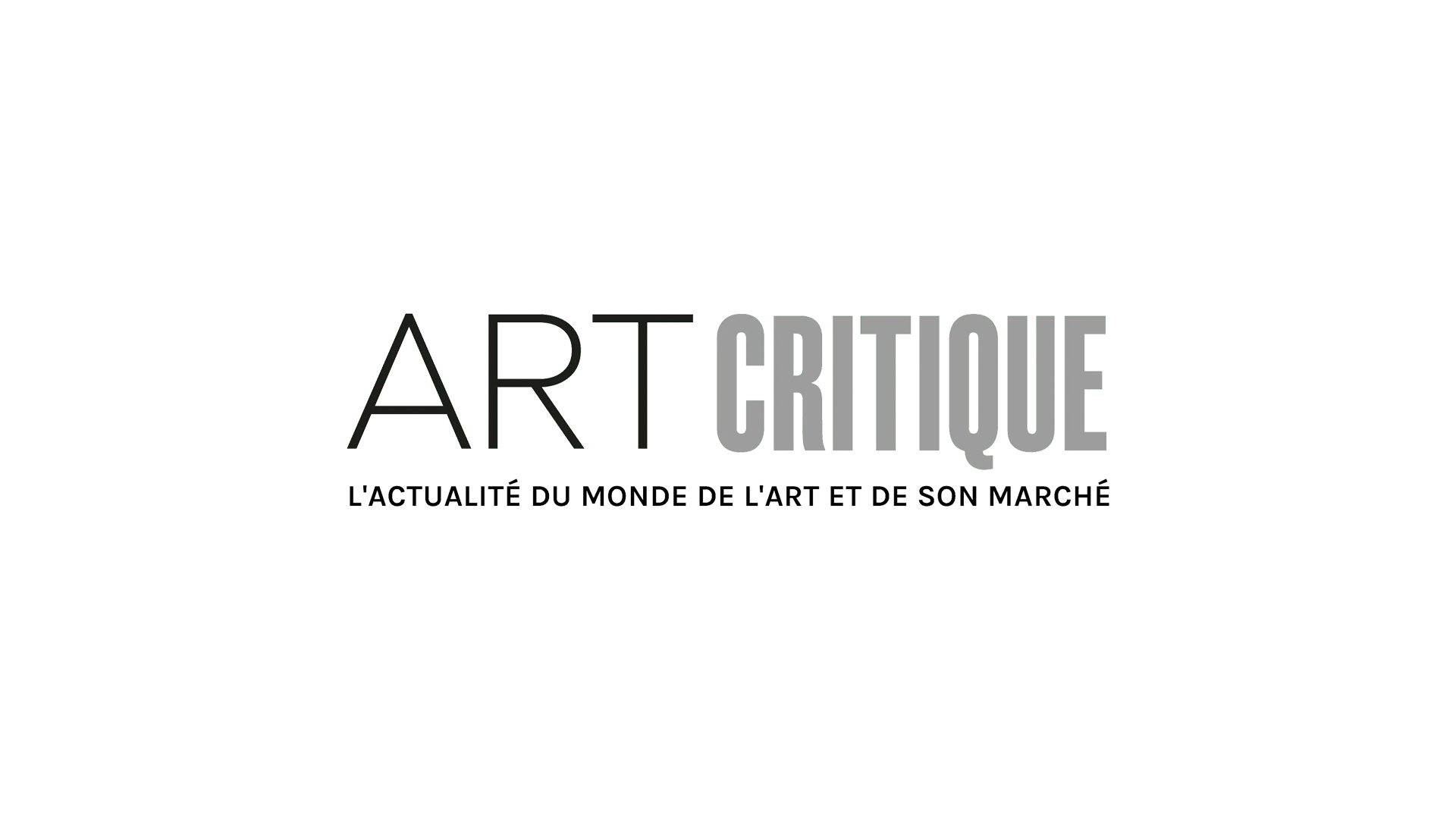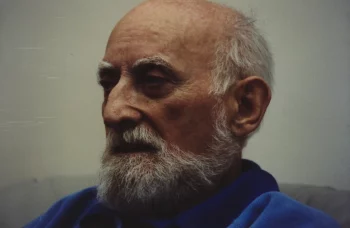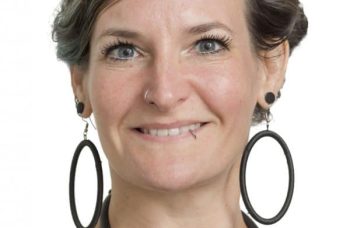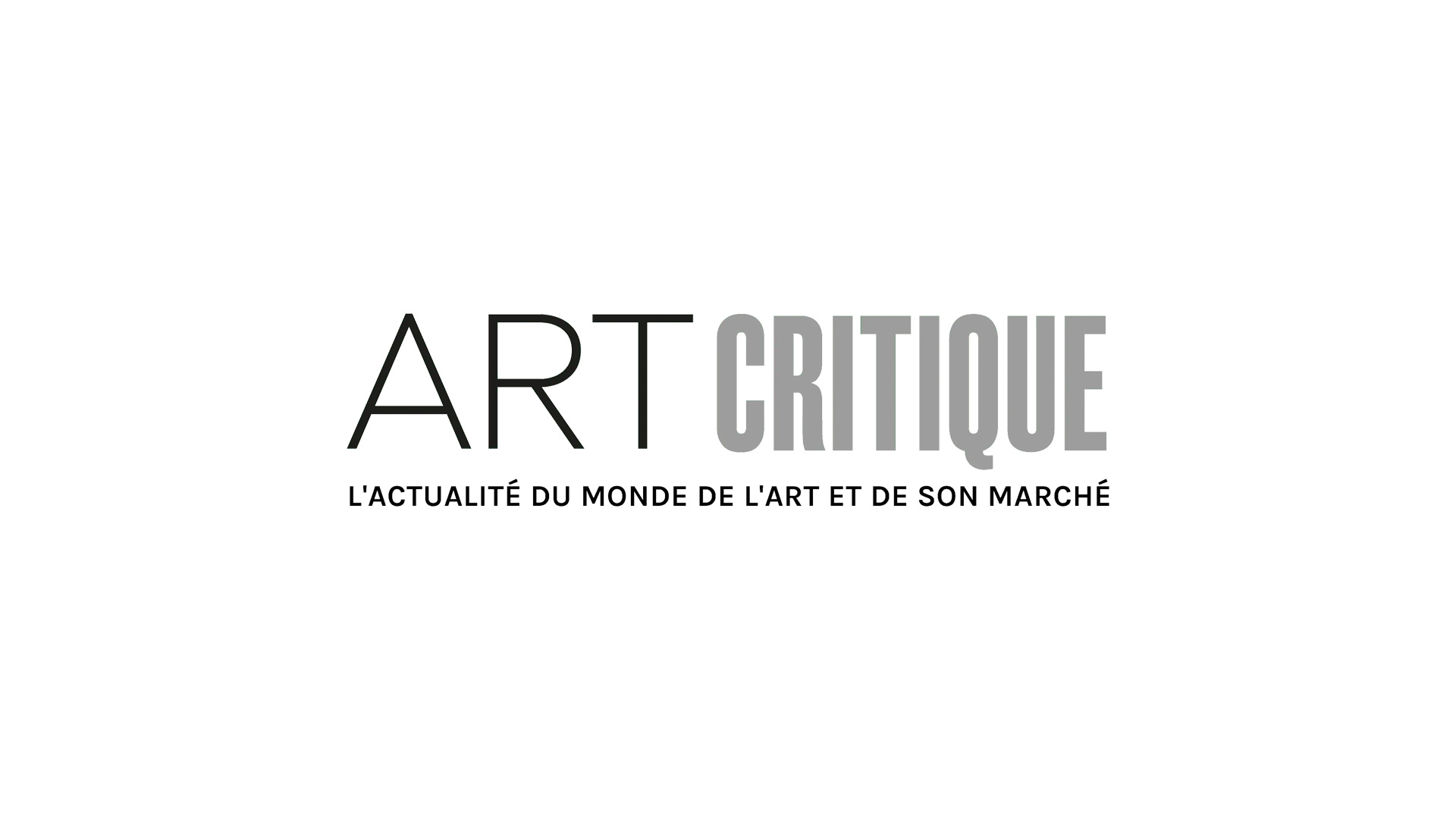In February, Pompeii announced that Gabriel Zuchtriegel, would become the new director of the one of Italy’s most prized historic sites: Pompeii. While the news did not sit well with everyone, the 39-year-old German archaeologist doesn’t seem too worried about ruffling feathers and already has big plans for the ancient ruins.
According to the Times, Irene Bragantini and Stefano De Caro resigned from their posts on the committee, which acts as a board for Pompeii. In a letter to Massimo Osanna, the outgoing director of Pompeii, the pair stated: “We believe that the minimum conditions for collaborating with [Zuchtriegel] do not exist. […] His CV doesn’t have sufficient depth and it is difficult to see that he has the experience to make decisions and run conservation and restoration where it costs millions and millions but is easy to make mistakes.”
Zuchtriegel was selected out of a pool of more than 40 applicants and comes to Pompeii after working as the director of Paestum, an area of ancient Greek ruins in the Campania region of Italy, since 2015. When the young archaeologist was selected for that post, similar issues arose. He was not only one of the first non-Italians selected to organise a major Italian landmark but he was also the youngest person ever put in charge of such a site. So, Zuchtriegel is somewhat used to rocking the boat.
Despite the concerns raised by Bragantini and De Caro, Zuchtriegel has the support of Osanna and Dario Franceschini, culture minister of Italy. “He did a fantastic job at Paestum, where there was rain leaking into the museum when he got there,” said Osanna. “He focused on maintenance, doubled the visitors, let them inside temples for the first time and drew in local residents.” Franceschini echoed that praise saying that Zuchtriegel “did and incredible job” while working at Paestum and hopes that he’ll produce similar results at Pompeii.
In an interview with The Guardian, Zuchtriegel remarked that the situation was “more or less the same at Paestum.” He continued saying: “I’m relatively young for such a position, especially for Italy. But the way to respond is with results. I’m not one who sees the director as the person who knows and decides everything. My task is to share and develop a vision together with the board and colleagues, and as fast as possible.”
Zuchtriegel, who became an Italian citizen last year, already has big plans for the ancient site, including making it more accessible, navigating the end of the pandemic, and actually putting excavation on hold. “We will not be doing new excavations just for the sake of doing them,” Zuchtriegel said. “For one, what is excavated must also be conserved and protected. Excavation is always a kind of destruction because you excavate layers and context that you can’t redo, it’s a one-time operation that needs to be done very carefully with everything documented. But we can’t exclude that in the future there will be new methods and new possibilities, so we should also leave something for future generations.”





